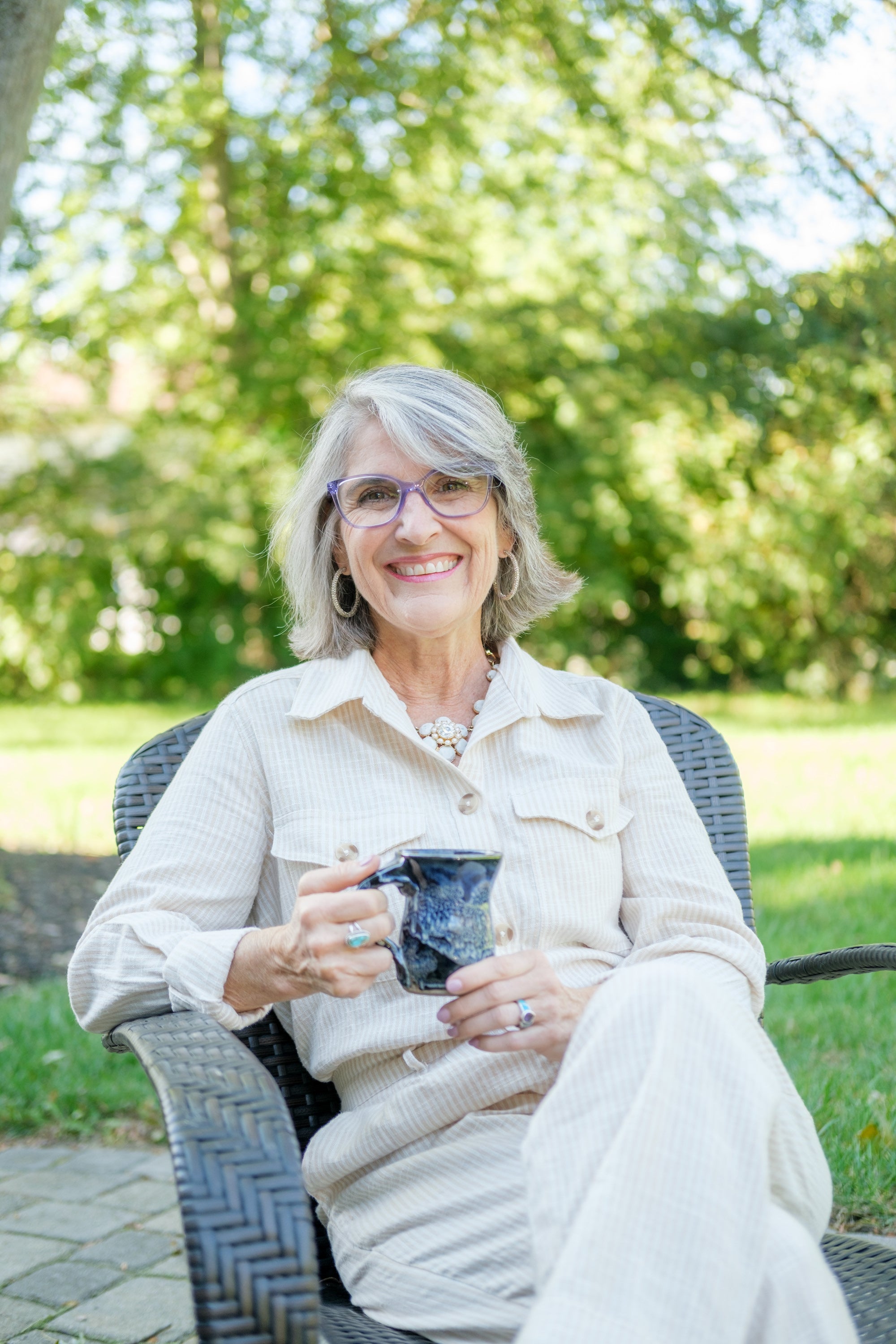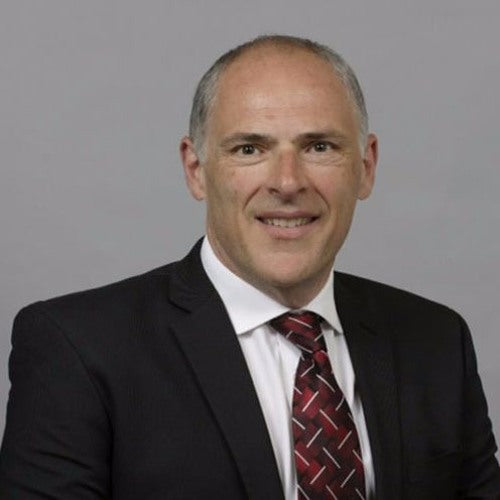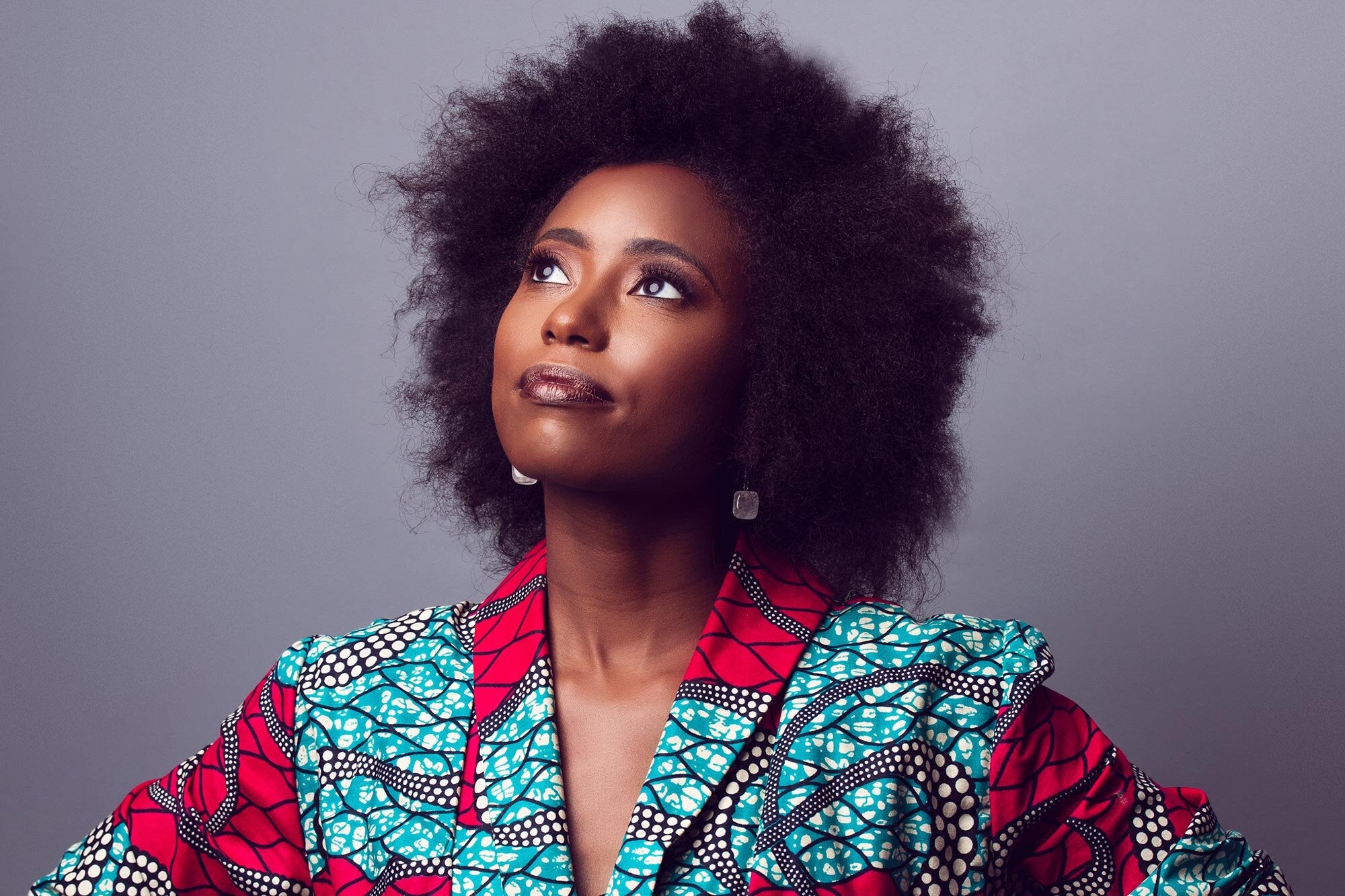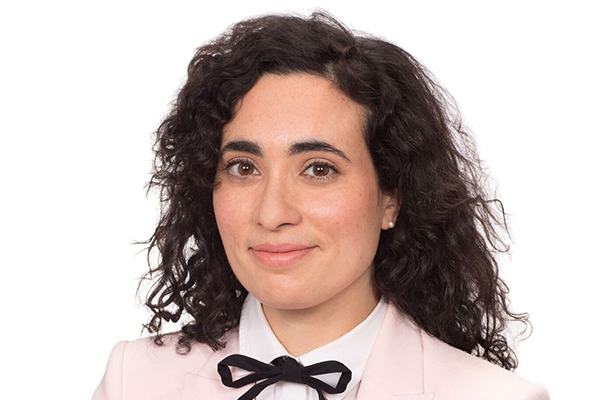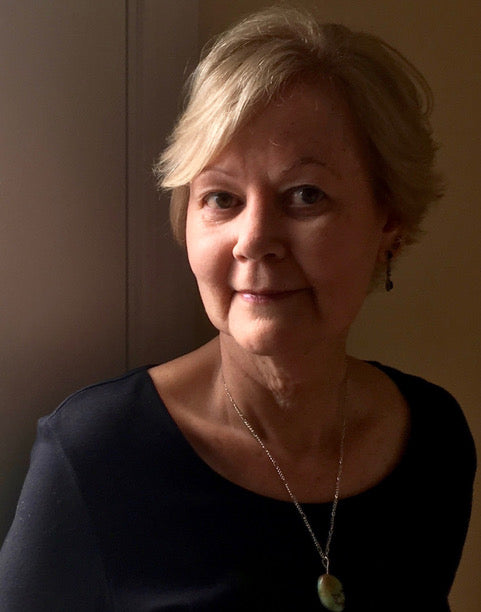
Author: Alvin Brooks
Author Bio:
"Kansas City’s most beloved civil rights activist and public servant shares the engaging stories of his life and career in this heartfelt, inspiring narrative that is inextricably linked to the nation’s past and present.
Few people have faced adversity like Alvin Brooks. He was born into an impoverished family, he nearly lost his adoptive father to the justice system of the South, and he barely survived a health crisis in infancy. However, his greatest challenge was learning how to navigate life in a racist society and protect his beloved wife, Carol, and their six children. Brooks turned into a lifelong leader and a servant of his community. From becoming one of Kansas City’s only Black police officers in the 1950s and the first Black department head in Kansas City government to founding the AdHoc Group Against Crime to meeting successive American presidents, Brooks has been at the forefront of today’s most pressing issues — criminal justice, civil rights, racial disparities, and local activism.
At age 89, his lifework continues to be to better his community, make the world fairer for all, and diminish bias and discrimination. His unique personal story of character, activism, and perseverance, and the public story of connection to city and national leaders during dramatic times, provides a hands-on guide for future generations regarding the need to be vigilant against bias."
1. So I just want to start by reading from your book called "Binding Us Together" you tell a story about having two mothers. How did that affect your life? How did it affect your upbringing? And then once you became a father, How did it affect you then as well?
It's a chronology of life and it's an autobiography. And I'm the son of a 14 year old mother and a 17 year old father Thomasine Gilder was my mother, and Wilbur Haring was my father.
And when my mother got pregnant in Miami, Florida. At that time, we talked about the 30s, 1930s. When a girl got married, particularly in African American community and at a young age and out of wedlock, they were sent to live with a relative. So my mother was living with a Great Aunt in Miami, Florida, when she got pregnant by my father. And so my Great Aunt sent her to live with my mother's eldest sister who lives in North Little Rock, Arkansas, right across the road, from the Brooks'. And of course, my mother's brother in law didn't really appreciate a 14 year old pregnant child being pregnant in his home.
So my Aunt, that was my mother's sister, went over across the road and talked to the Brooks's cluster and Estelle Brooks who had no children and asked if my mother could stay there until I was born. And so I ended up being born in the Brooks' home on May 3 4:30am. And delivered by midwife, Mrs. Adams, according to my birth certificate. And so my mother left to go back to school in Memphis where the family, all the Gilders, were born and grew up. So rather than go back to Miami, Florida with his great aunt, she moved back to Memphis, Tennessee, and then of course left me with the Brooks. The Brooks then left Arkansas and this is a part of my early childhood.
My adoptive father Cluster Brooks was a great moonshiner. And many say the best moonshine in 'Braska County. And as a result of moonshine and competing with others. There was a white man who also had a moonshine, but my dad was stealing customers from all the moonshiner in that area. And this particular person decided to put my dad out of business one way or the other.
And one Sunday, my mother as a story goes and when I say my mother, now I'm talking about Estelle Brooks my adopted mother, anyways so as the story goes he came onto the property one Sunday morning with a shotgun and shooting it at my father in the backyard, I hope that our viewers and our listeners will know what thickets are, because I suspect you don't know what thickets are, it's where vines and all that grew together. And he was shooting a shotgun, And his pellets would bounce off of these thickets.
And my Dad put out his 44 Lever Action Winchester 1873 model and killed the man. Was arrested, never charged, given an ultimatum to get out of the state of Arkansas, because the sheriff for the county was on my dad's payroll, in fact, put him in business as a moonshiner. And that's how we got to Kansas City in 1933. I was about eight or nine months old. And I didn't know that I was adopted until I was 22 years old. And I began to get letters from Mrs. Thomasine Gilder Davis. And that was in August of 1954. I was in the police academy. And then she began to ask a lot of questions about me. how she contacted me, it's a little mystery. Some say that she had hired an investigator to find me but she knew I was in Kansas City pretty much but she was writing my parents once they left Arkansas, but my parents would not respond to her.
So I began to get these letter and I told my adoptive Father Cluster Brooks, "this lady's writing me all these letters and asking about you and myself and I don't know what she's talking about." And he asked me "What's her name? And as soon as I said Thomasine he looked like he saw a ghost. And he got real watery eyes like he was gonna cry. And he finally got himself together. And he said, Well, you know, you don't want to be responding to people that you don't know. ''And when I went home, I told my wife, Carol, I said, "You know, I went out to Dad's and we talked about this lady's writing all these letters to me and asked a lot of inquiries. And he thought it was strange," but I continue to communicate.
In October, I told her about my three kids, my wife, how I had done two years of college and was in the police academy and in her October letter, she said, "I hope I know my grandkids better than I know my son." So we began to communicate from then and she asked if she could visit us on Christmas 1954 and as she did that Christmas morning, I worked the dogwatch shift for the Police Department, it was very cold that morning and when I got home, the phone would ring and when I answered I could hear in the background, I could hear Braniff and TWA and Continental, United Airlines flight test. And the voice said, "Alvin, this is your mother I'm at the airport, can you pick me up?"
And so I got dressed, went to the airport and I happened to think, "I don't know what my mother looks like. And I know she didn't know what I look like." But thank God that particular Christmas Day 1954 weren't too many black folks traveling. And so there my mother was with her red suit, two piece suit and a white blouse and a red long bow tie with a feather across her arm and her luggage there. And we embraced each other and cried together in an airport and went home and that kind of set the stage for the relationship with my mother.
2. Wow. Thank you for sharing that. It's been a beautiful life. And over those 89 years, you've had, of course, you've had highs and you've had lows, many joys and some struggles. But do you have any regrets?
No regrets whatsoever. My wife and I were together for 63 years until she transitioned. The 21st of July will be eight years. And as I look back, if I had to do it all over again, I guess there's a few things that occurred that I had no control over so I couldn't change them anyway.
But our theme song for you was Nat King Cole's 'Too Young'. Beautiful song, beautiful melody. And it's funny because we weren't too young at all. And 63 years is a long time if she were living now, it'd have been 71 years. But we had a successful marriage. A successful family lost our son 18 years ago but we have five beautiful daughters, and we're a very close knit family.
3. That is beautiful. What scares you most about our society today?
Well, I think there are two societies. One black, one white; separate and unequal.
And I use that phrase because that's in the Supreme Court's decision in the Brown vs Board of Education. And it was said on the 17th of May 1954, in that desegregation case, that separate could not be equal. And that it was based on separate and very unequal. In white schools, the educational system is very dominant over the black schools, And so that was supposed to make a change in Brown vs. Board of Education.
But I think that today we find the society is still separate and unequal in so many places, and those significant places are in places of accepting people of color, especially Native Americans, African Americans and now of course, Hispanics and Asians. So the system, I don't believe, ever existed to take on people of color as equals. If it was, we would still be talking about laws and we've been talking about conservatives and liberals and progressives and all those kinds of things, moderates. And I think that's the fear now is whether or not we'll have another Civil War.
And I think the Insurrection on the Sixth of January of 2021 is further indication that we are at the brink of the Civil War. There are people who don't believe that the President, Joe Biden, is a legitimate president. And that's most disturbing in Democracy, that sounds more like one of the different kinds of governments, China or Russia or some of those other governments, but not a democracy or a Republic like we have is just frightening. Then there's, of course, The African American community in particular, and the Hispanic community and the police. So those are the issues that are most troubling to me and should be troubling to all Americans. But I find that's not the case, unfortunately.
4. On the opposite side of that, what inspires you most about society today?
Well, that's a difficult question after I've answered and examined the other most troubling side. I guess, I see in us as African people, African Americans, a more educated, middle class professional segment of our society of black society. We had to set up a parallel organization because we couldn't get into them, the sororities and fraternities and those kinds of organizations, so we formed parallel organizations for professional African Americans and for African Americans in general. But I think that progress has been made as far as African Americans are concerned, we've had an African American President, Thank God, in Barack Obama, we now have a Black Vice President, who happens to be a woman, and all that is progress I think. We got more ethnicity in Congress and in State Houses and in city and county positions but there is still a long way to go. But I think that is progress.
But I don't think that we will ever be equal. Literally. You know, I don't mean physiologically, and other things like intellectually or anything like that, but I mean in terms of the government itself. Until we chip away at what I call America's Structural Racist System. And, you have to look at it beginning from the Declaration of Independence, the Constitution and the Bill of Rights, how they affected or did not affect the slaves at the time, and that lingers on today in terms of second class citizenship. But I think I'm an optimist but I'm also a realist.
And optimism tells me that change is gonna come, realism says it comes only if white America admits the fact that we are a structured racist society, and that they have the power along with collaborating with the 34% of the population, that's African American another 3 to 4% that is Hispanic to make a difference, but it has to be a collaboration it has to be a listening period. Listen to what we've got to say. And let's look at where we are, where we've come. You know, and so it's far from what we have been saying we are.
And I think we have to live up to the part of the Declaration of Independence, "We hold these truths to be self evident that all men" and I'd like to paraphrase, "that all men and women are created equal endowed by their Creator with certain unalienable rights, that among these are Life, Liberty, the Pursuit of Happiness, and we don't have that today as people of color.
So optimism, Yes, Realism? Yes. Can we be a better country? Yes. But we have to face up to the fact. And there's another word about reconciliation. Kris but to reconcile something, you got to tell the truth about it. And if you don't deal with the truth, and there's no reconciliation, and the faith community is good using those terms, reconciliation, but then you're also saying to reconcile, you got to tell the truth. Yes, we are a nation that's racist and therefore all the institutions are that. But we can do something about it. If we can go to the moon, and if we can do all those kinds of things. We can certainly fix things right here on Earth.
5. I couldn't agree more, and there's a lot of work to do. Going back to the book, and looking at your writing process, what was that like for Binding Us Together? Also, what part or parts were the most challenging to research and which part or parts were the most rewarding?
Well, the book started out with the title of “Two Mother's Son”. And that was my adopted mother, and my biological mother. And so I dedicated it to three women, my biological mother, Thomasian Gilder, my adoptive mother, Estelle Brooks, and my wife, Carol Laverie Rich Brooks.
So the writing turned out to be closer to 900 pages. But when I ended up with a contract with Andrews and McMeel, a local publishing company, a great publishing company, they said to me, "Mr. Brooks, folks aren't going to read eight or 900 pages, let us work with you, and see if we can get this in a more readable order. And what they did, left out so much. But I agree with them what they did recommend, which is the 293 pages that the book has now.
First of all, I didn't I didn't write this book for publication. I didn't write it for it to be sold, it was to leave a legacy for the family. I actually started 12 years ago writing the book, what happened was that I had a bunch of hiccups and bumps that made me have to start all over. I lost so much in a computer, I was told this man is great at repairing computers. I went to him and he lost everything and I didn't have a backup. I didn't know about flash drives. I'm not today too technologically savvy. And then I had someone else to do some transcribing and that didn't work out. So I finally learned how to be on this computer with a flash drive and I had someone Rev. Barnett who volunteered to do the editing for me, a great human, a great friend, a great brother He took all my moments and edited down to 283 pages.
God willing I really want to put the other part (717 pages) together, maybe do the Volume Two and maybe go back to the title of "Two Mother's Son" I'm not sure yet. The difficult part was not knowing that I was gonna write an autobiography or memoir. I never asked my biological father or my biological mother about all this. So what I wrote was what I had heard from them but there are a lot of details left out that I couldn't write about because I wanted to write it as accurately as possible.
And then of course my adoptive mother passed before either my biological parents came into my life. And then my dad, my adoptive father never met my biological father. And so there were a lot of gaps there that I could not fill in. And nobody was able to. I'm the oldest living Gilder. I have a cousin who's four years younger than me. And then the other cousin who's between the two of us, he passed away, police chief in Memphis. So it was a labor of love, I enjoyed doing it. A lot of work.
A lot of two, three o'clock, four o'clock in the morning, working once you get thought of going, you just stay there and stay there until your back hurts and your legs hurt no kind of thing, because you're sitting. But this is a finished product. They're part of it. And I'm proud of it. And I hope the readers will see it as interesting as I tried to write it and as accurate as possible.
You put your heart and soul in it for sure. And yes, at the time of which it came out, it was especially timely looking at the civil unrest following the killings of Breonna Taylor and George Floyd last summer.
Well, then I wanted to release it on the 23rd of February because of Lincoln and Douglass' birthday there. And I thought that was very significant. Especially with Douglass, who was such an author and really was the first one to really address Congress on this whole issue of the role of black folks in racist America.
6. Yeah, and to that point, what do you think America owes African Americans for the contributions of creating or the makings of America?
Well, you know, that says reparation is out of the question. I don't think we'll ever move to that. I think it ought to be kept on the table, at least to no more just to remind us. But I think full recognition as Americans. With all those benefits and all that go with being accepted as a full American.
I think that recognition of the fact that things aren't what they ought to be. And that they have an obligation under this Republic to make it right. And I think that's what needs to take place.
7. And there's a piece within there. Knowing that you were a former police officer, what changes do you think need to be made specifically, to help diminish police brutality within America?
Well, I think that screening and psychological testing and all that still needs to take place, but psychological testing and psychiatry evaluation won't test one's racism. And I think that you have to have standards, you have to have a zero tolerance in the police department. You have to have bias training. You have to have alternatives to lethal.
In our communities today, there are so many problems of drugs, alcoholism, and wars, that we have ticking time bombs in our communities and many families. And so rather than calling 911 and the police coming, maybe that 911 call can send a social worker first, they can respond in emergency fashion, but then they have the option of calling the police if they can't do anything you know.
Now if somebody's shooting and already shot up the house or that sort of thing, I think social workers won't be able to make that call and you'll have the option to call in the police. And I think that the police responsibility is to protect other persons as well as themselves and then protect property, property secondary. But all of the police shootings that we've had are not ones that are unjustified. There have been some justifiable ones and that's, you know, the last resort that one has to take. I've been there and never been shot at but on a couple occasions had a chance to kill someone, and I was able not to do that.
And I got criticized when I was a police officer in 1955. The 5th day of May I would have had my probationary period end first of June. But there was a person who had shot a police officer and the other two white police officers took 12 shots and missed him and I had my spotlight on, I had the shotgun, and just as I can see his hands crawl over the fence, they are hollering, "Shoot the bastard, shoot the bastard," I had a shotgun I could have blown his head off and I didn't shoot.
And I was criticized for that and was told that was my last night on the job. Shortly after midnight, Mr. Detective William Kenner, who was a victim, died. Then you heard it over the air as I was being scolded if you will, by the Major. I don't know what caused me to say this to Major Eugene Pan. I said, "Major, are you finished?" he was poking at my chest and cursing and he said, "yes." I said, "Major you or nobody else can tell me when to kill somebody. I turn around and walk off.
I finished up some reports and when I got home at about three I told my wife I think this is my last day at work. And that next morning black officers on the force called me and told me I did the right thing and that there wasn't any talk around the police department that morning. When I came to work on roll call that afternoon the lieutenant said good work last night Brooks and I never heard any more about anything. Ultimately, I was left with the option to kill or not to kill and I chose not to kill.
But today I don't know, you notice around the country rarely is there a black officer or Hispanic officer that does the killing. Even in the high crime rate areas where black officers are assigned. So that should say something also, why aren't black officers making those calls and why aren't they the ones that have been charged? I think it's because it's more consideration for their own race as well as the race of others.
8. And that's very interesting and definitely something you know that needs to be looked upon and researched. For certain. Going back to the book, what did you learn about yourself while writing “Binding Us Together”?
Well, of course, I was writing about myself, so that's an interesting question. I think as I wrote about myself and my experiences, I gave myself a lot of credit for my demeanor, as I wrote about the major things that happened to me. From as far back as I can remember, a five or six year old who attended to goats and chickens and hogs and that kind of thing you know, and just grew up. Going to segregated schools and we were poor, but didn't know that we were poor until I moved into an area where there were poor whites, and they were poor. We were poor, but they were po'. And then we became friends. And we fought each other first after name calling all, you know, and then we banded together.
I enjoyed writing it. It was a challenge to me. And I really enjoy writing it. It was a long way to carry on and to think about things; my memory of years gone by is very good. Now if you asked me what I had for breakfast, it might take a moment and if you asked me what I had for dinner last night, I'd probably tell you to ask somebody who had dinner with me. I have a few of my friends that are still living there I went to school with and we get to talking and I will say did you remember this? And they are like, "God, Brooks, how do you remember that? And once I remember, then it jogs their memory. "Oh, yeah, I remember that. And Ms. so and so say, oh yeah." So my memory is good. As I talk to you now, what will it be like later on this afternoon or tomorrow? I don't know.
9. What's your advice? What is your best advice for getting over writer's block
I didn't do that [walk away from the computer] I stuck with it. Because once I had a thought going, even at three or four o'clock in the morning, after I completed it, I would send it to my editor. And he would acknowledge it around 10 o'clock in the morning and say I'll get back to you tomorrow. He got it back to me and we would meet and he lived right across the street from one of the branch libraries, we would meet there and read. He would send me a draft of what I had written and his editing. And we did that for three years. And I'm indebted to him for that, great friend, great writer and really great editor. But I really never got tired, sometimes I got physically tired and I got to nodding off but that's about it.
When I got to the end and when the book came out and I saw it for the first time I said, "thank you God." I just can't express how I really felt to have it published. And the cover and all and the content and all, and it was just a joyful experience. Wow!
10. What is the best advice you've ever received on happiness?
The best advice came from my adoptive mother Estelle Brooks. She said, “baby, you got to get an education. As a black man, white folks can take everything away from you but if you got it in your head, they can’t take it. And use it” Then she said to remember that you are never any better or any worse anybody but always let the good side shine more than the bad side. There may come a time when you can’t do anything for yourself in life because of someone else's stature but at least be man enough to let them know how you felt for what they did.
Places To Find More From This Author:
Facebook: Binding Us Together Al Brooks
Website: www.bindingustogetheralbrooks.com



